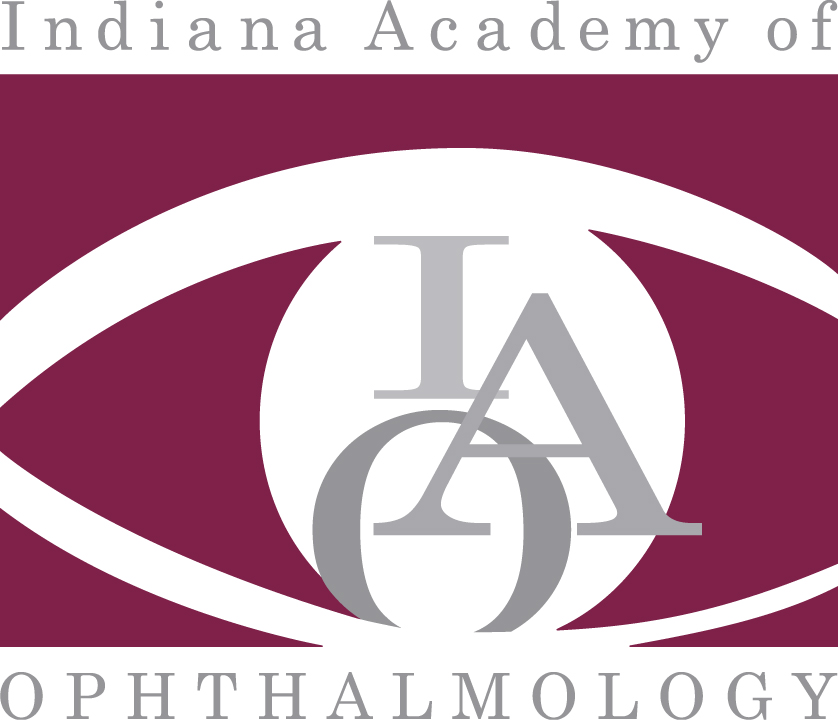Do You Know The Difference? |
The distinction between an ophthalmologist, an optometrist, and an optician is a source of confusion for many people. While all are concerned with eye care, there are extreme differences between them. Understanding of these differences, including education, training, and scope of patient care performed is critical when choosing an eye care provider for you or your family. You should be sure you are seeing the right provider for your condition or treatment. What is an ophthalmologist? An ophthalmologist – Eye M.D. – is a medical or osteopathic doctor who specializes in eye and vision care. Ophthalmologists are specially trained to provide the full spectrum of eye care, from prescribing glasses and contact lenses to complex and delicate eye surgery. Many ophthalmologists are also involved in scientific research into the causes and cures for eye diseases and vision problems. An ophthalmologist receives a minimum of 12 years of education, including four years of college, four years of medical school, one or more years of general clinical training, and three or more years in a hospital-based ophthalmic residency program, often followed by one or more years of subspecialty fellowship. They must then pass a licensing examination. As medical doctors, ophthalmologists are regulated by state medical boards. What is an optometrist? An optometrist receives a Doctor of Optometry (OD) degree and is licensed to practice optometry, not medicine. The practice of optometry traditionally involves examining the eye for the purpose of prescribing and dispensing corrective lenses, screening vision to detect certain eye abnormalities, and prescribing medications for certain eye diseases. An optometrist may have only years years of post-high school training, consisting of two-four years of college and four years in an optometric college. Beyond refractive abnormalities, an optometrist’s training includes limited exposure to patients with eye disorders or health problems. What is an optician? These technicians are trained to design, verify and fit eyeglass lenses and frames, contact lenses, and other devices to correct eyesight. They use prescriptions supplied by ophthalmologists or optometrists, but do not test vision or write prescriptions for visual corrections. Opticians are not permitted to diagnose or treat eye diseases. What does “board-certified” mean? Board certification means that an ophthalmologist, an Eye M.D., has taken and passed rigorous examinations which cover all aspects of medical and surgical eye care. These examinations are voluntary. An ophthalmologist does not have to be board-certified to practice. The American Board of Ophthalmology (ABO) is the main certifying body for ophthalmologists in the United States. Medical specialty boards -- including the ABO -- are accredited by an “umbrella” organization that sets standards for certifying physicians. What does “subspecialist” mean? A general ophthalmologist provides comprehensive eye care. While all ophthalmologists specialize in treatment of eyes, some choose to concentrate in a more specific area. This is usually after completing a fellowship. Some subspecialists focus on treatment of a particular disease, such as glaucoma. Others may specialize in a specific part of the eye like the retina or the cornea, or in a particular field such as pediatric care.
|

